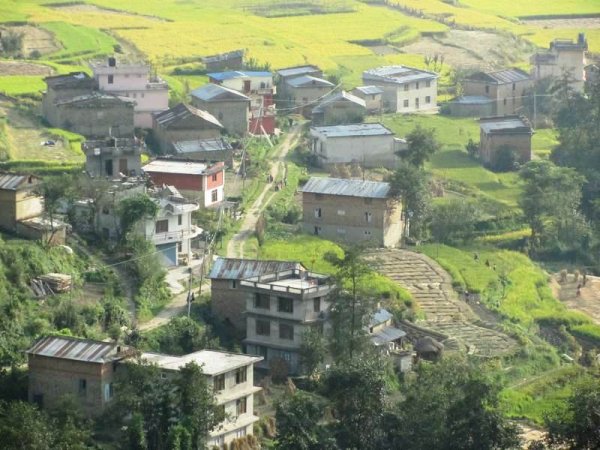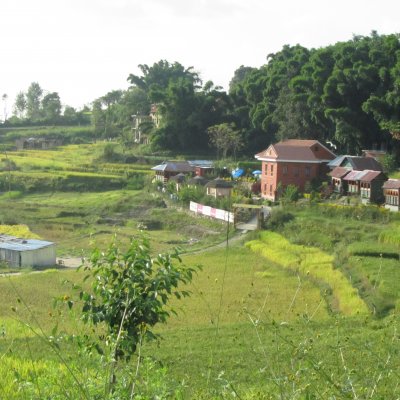Testing the Climate Change Benefits of Biochar in Nepal
NDF has approved a EUR 460,000 grant to support a pilot project in Nepal
NDF will in partnership with the Asian Development Bank support the forth component, Pilot Project to Test the Climate Change Benefits of Biochar, under the Mainstreaming Climate Risk Management in Development Project in Nepal. The objective of the biochar project is to pilot-test, in three agro-ecological zones of Nepal, biochar production as a climate change adapting soil amendment, carbon sequestration method, and rural energy source in Nepal. Biochar is a stable form of charcoal produced from heating natural organic materials (agricultural waste, woodchips, manure) in a high temperature, low oxygen process known as pyrolysis.
There are many different types and qualities of biochar. The key chemical and physical properties of a biochar are greatly affected by the type of material being used and the conditions of the pyrolysis process (i.e. temperature and time). For example, biochar made from manure will have a higher nutrient content than biochar made from wood cuttings. However, the biochar from the wood cuttings will be more stable over a longer period of time. The two different chars will look the same but will behave quite differently. Similarly, biochar produced at higher temperatures (700°C compared to 400°C) are more porous and more adsorptive. These biochars have greater potential to adsorb toxic substances and could be used to help rehabilitate contaminated environments.
Understanding the characteristics of a particular biochar is important to match it to the requirements of its end use. This is precisely what the project intends to test; what feedstock burnt in what temperature produces the best biochar for different ecological areas of Nepal. The biochar stove design is important and therefore different models will be tested under the project. One of the main outputs will be to produce a handbook for biochar application, including lessons learnt, which can be used by anyone who wants to apply the biochar technology.


